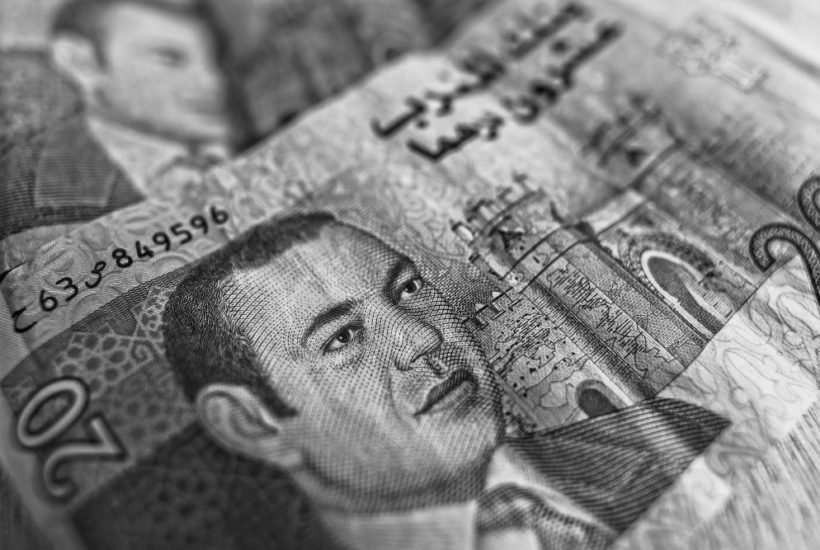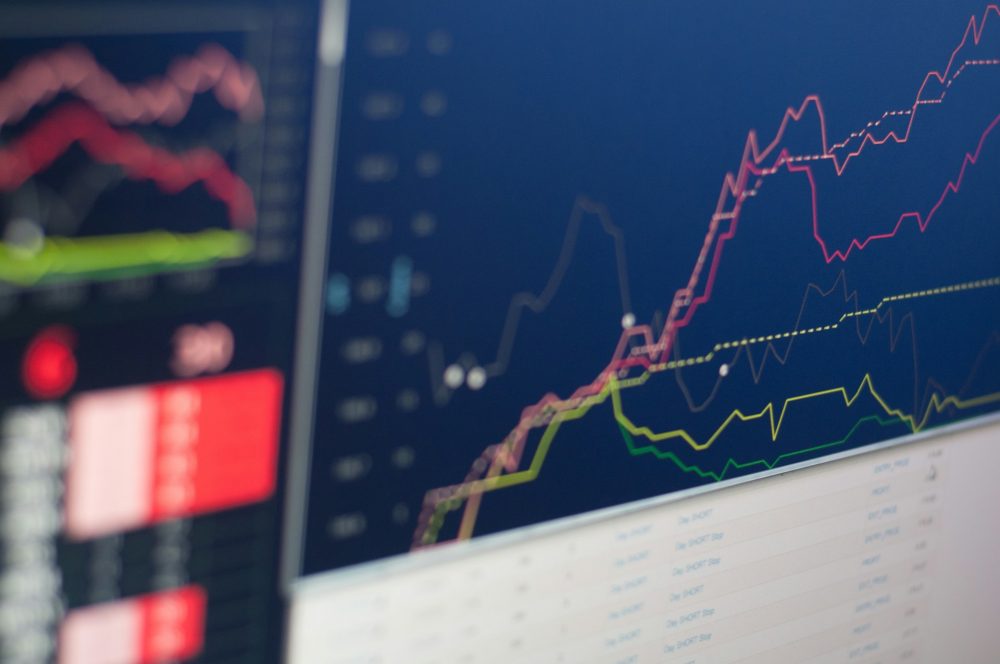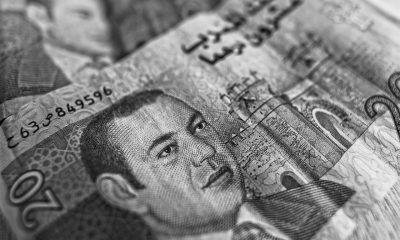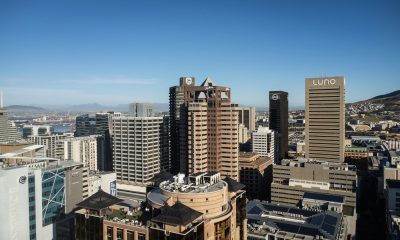Africa
Bank of Africa shows great resilience to the corona crisis
Bank of Africa (BMCE Group) has posted the results for the first half of 2020 which, although denoting the impact of the health crisis, showed a very good resilience. Above all, the figures showed a prudent policy aimed at supporting its activities and its role as a financier of the economy in a context of great uncertainty as to the duration of the situation related to COVID-19.

On a consolidated basis, the Net Banking Income (NBI) of Bank of Africa gained 1% to $758.5 million (7 billion MDH), compared to the NBI of June 2019. While the BMCE group showed a 5% decrease in commissions, the NBI has positively progressed thanks to the notable efforts on the interest margin (+4.3%), and good results of market operations (+9%).
For its part, the net income group share (RNPG) is in very sharp decline, and stood at $40.4 million (373 million MDH) during the first half of 2020, down 68.2% compared to that recorded during the same period of the previous year.
However, this decline is to be tempered, as it was impacted by the donation of $108.35 million (1 billion MDH) to the special fund to fight against COVID-19 and the very sharp increase in the cost of risk by +68% to $162.5 million (1.5 billion MDH).
On this last point, it is worth noting the Group’s very cautious policy, which has integrated the projected impacts of the health crisis based on a dynamic and forward-looking provisioning model “Forward Looking”. Restated for the impact of the grant, the decline in NGNP is limited to -14%, which is clearly contained.
Read more about the latest financial results released by the Bank of Africa and find the most important economic news in the world with the Born2Invest mobile app.
The cost/income ratio of the Bank of Africa stood at a satisfactory rate of 53.5%
The Group owes much of its resilience to its control of operating expenses, down 2% (excluding the donation). The donation and the cost of risk obviously had an impact on other indicators, including gross operating income (GOI), which was down 27% (+5% restated), and operating income, which was down 64% (-20% restated). The cost/income ratio stood at 53.5%, a very satisfactory rate in the current context.
Analyzing the various contributions to the RNPG, an excellent performance of the African subsidiaries can be noted, whose contribution is up 15% to $50.4 million (465 billion MDH), which enabled Bank of Africa to catch up with results in Morocco and Europe, at least in part.
At the commercial level, Bank of Africa has shown good momentum, with consolidated outstanding loans up +5% to $21.2 billion (195.5 billion MDH) in June 2020 (excluding Resales to customers, customer receivables increased by +3% to $19.3 billion (178 billion MDH) at the end of June 2020).
The increase in the Bank’s loans in Morocco is mainly due to the performance of Corporate loans, up +4.4%. As a result, BoA gained 25 bps of market share to 12.53% at the end of June 2020.
As for regulatory ratios, the solvency ratio stands at 12.1%, given that the regulatory threshold has been lowered to 11.5% during the crisis, the tier one reaches 9.5% (8.5% regulatory), and the core capital ratio (CET1) is 8.8% (7% regulatory). Excluding donations, this results in a RoE of 9.3% and a RoA of 0.9%, very respectable figures.
With regard to risk, the stock of provisions in bucket 3 is up 8% to $1.25 billion (11.6 billion MDH), that the coverage rate of outstanding receivables is 63% and the litigation rate is 8.7%, a very slight increase.
Great efforts on the margins
At the social level, the bank was also able to contain the effects of the pandemic. The NBI increased by 3.4% to $390 million (3.6 billion MDH), driven by the good performance of market activities (+42% to $67.3 million (621 million MDH)) in a context of falling interest rates, generating a 42% increase in the result of market operations. In addition, the 2.7% growth of the interest margin, supported by the optimization of the cost of resources.
Net income, for its part, amounted to $51.5 million (476 million MDH), down 55% compared to the first half of 2019. Restated for the donation, it amounted to $101 million (940 million MDH), down 11%. It is obviously impacted by the cost of risk, up 40.2% to $64.4 million (594 million MDH).
As at the group level, the bank was able to optimize its overhead costs, down 2% to $184.8 million (1.706 billion MDH), allowing a 2.3% increase in GOI. As a result, the operating ratio improved by 2.6 pts to 47.6%.
Support for the economy and for TPMEs
During the crisis, BoA was heavily involved in efforts to support the economy, aligning itself with the measures put in place by the Business Intelligence Committee (BIC), including the extension of deadlines without fees or late penalties.
The bank has also introduced two new products (Damane Oxygène and Damane Relance) backed by the Central Guarantee Fund (CCG), which enable affected SMEs to finance their current and operating expenses or to support the recovery of their activity. For entrepreneurs in difficulty, an amortizable credit with a constant maturity to meet constant expenses has been sent to them. The bank has also been a very active player in the Imtiaz and Istitmar programs launched by Maroc PME.
But the banking group has gone further, for example through the signing of several agreements with international organizations to limit the effects of the health crisis.
The partnership signed with the European Bank for Reconstruction and Development (EBRD) covers a financing facility of $170 million (€145 million), granted under the EBRD’s resilience program.
The group also signed two agreements to support Moroccan SMEs. The first concerns a tripartite agreement for the benefit of the textile sector with the European Investment Bank (EIB) through a $123 million (€105 million) financing line, and the second, the amendment of the “Public Purchase Order Guarantee Fund” agreement in partnership with the financing company and subsidiary of CDG Finéa, which aims to support SMEs awarded public procurement contracts through a guarantee of investment credits and short-term loans.
__
(Featured image by MabelAmber via Pixabay)
DISCLAIMER: This article was written by a third party contributor and does not reflect the opinion of Born2Invest, its management, staff or its associates. Please review our disclaimer for more information.
This article may include forward-looking statements. These forward-looking statements generally are identified by the words “believe,” “project,” “estimate,” “become,” “plan,” “will,” and similar expressions. These forward-looking statements involve known and unknown risks as well as uncertainties, including those discussed in the following cautionary statements and elsewhere in this article and on this site. Although the Company may believe that its expectations are based on reasonable assumptions, the actual results that the Company may achieve may differ materially from any forward-looking statements, which reflect the opinions of the management of the Company only as of the date hereof. Additionally, please make sure to read these important disclosures.
First published in La Tribune, a third-party contributor translated and adapted the article from the original. In case of discrepancy, the original will prevail.
Although we made reasonable efforts to provide accurate translations, some parts may be incorrect. Born2Invest assumes no responsibility for errors, omissions or ambiguities in the translations provided on this website. Any person or entity relying on translated content does so at their own risk. Born2Invest is not responsible for losses caused by such reliance on the accuracy or reliability of translated information. If you wish to report an error or inaccuracy in the translation, we encourage you to contact us.

-

 Markets4 days ago
Markets4 days agoThe Big Beautiful Bill: Market Highs Mask Debt and Divergence
-

 Crowdfunding2 weeks ago
Crowdfunding2 weeks agoTasty Life Raises €700,000 to Expand Pedol Brand and Launch Food-Tech Innovation
-

 Markets1 day ago
Markets1 day agoA Chaotic, But Good Stock Market Halfway Through 2025
-

 Cannabis1 week ago
Cannabis1 week agoCannabis Clubs Approved in Hesse as Youth Interest in Cannabis Declines
























